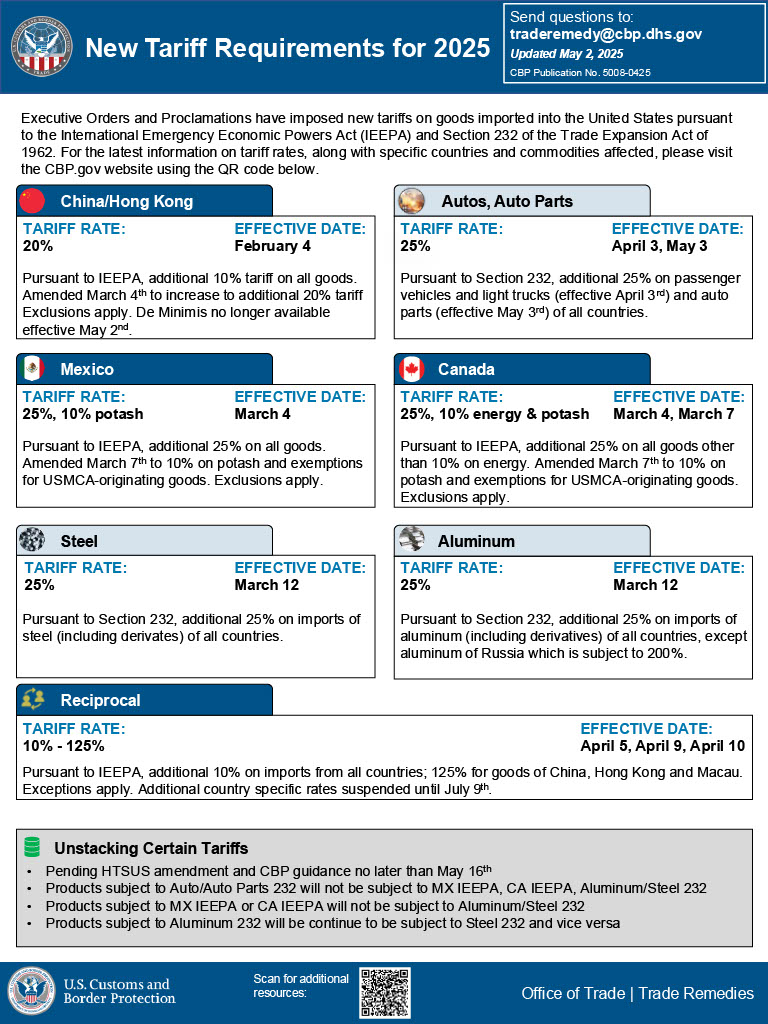Navigating the complexities of international trade often involves intricate customs procedures that can be time-consuming and costly. However, there are specific scenarios where businesses can benefit from streamlined processes through customs clearance exceptions. These exceptions allow certain goods or shipments to bypass standard customs protocols, facilitating smoother import and export operations.
This article delves into the world of customs clearance exceptions, providing a comprehensive understanding of their meaning, benefits, types, eligibility criteria, and application process. By shedding light on these crucial aspects, we aim to empower businesses to leverage customs clearance exceptions effectively, optimizing their international trade strategies and potentially reducing associated costs and delays.
Customs Clearance Exceptions Explained
A customs clearance exception refers to a specific exemption granted by customs authorities that allows certain goods or shipments to be cleared through customs without adhering to standard procedures. These exemptions are typically tailored to specific circumstances and are designed to facilitate legitimate trade while ensuring compliance with relevant regulations.
Essentially, customs clearance exceptions streamline the import and export process by simplifying documentation requirements, reducing inspection timeframes, and potentially waiving certain duties or taxes. This expedited clearance can significantly benefit businesses engaged in international trade, enabling them to move goods more efficiently and cost-effectively.
Key Considerations for Exceptions
It’s important to note that customs clearance exceptions are not granted indiscriminately. Customs authorities carefully evaluate each application based on several factors, including the nature of the goods, their origin, the purpose of importation, and the applicant’s compliance history.
Furthermore, specific conditions and limitations may apply to each exception, outlining the scope of the exemption and any ongoing reporting requirements. Businesses seeking customs clearance exceptions must thoroughly understand these terms and conditions to ensure full compliance and avoid potential penalties.
Benefits of Customs Clearance Exceptions

Leveraging customs clearance exceptions can offer numerous advantages for businesses engaged in international trade.
Time Savings & Efficiency
By streamlining customs procedures, customs clearance exceptions significantly reduce processing timeframes, allowing goods to move through customs more efficiently. This expedited clearance translates into faster delivery times, improved inventory management, and enhanced customer satisfaction.
Cost Reduction
Exemptions from certain duties or taxes can lead to substantial cost savings for businesses.
Furthermore, reduced paperwork and simplified procedures minimize administrative overhead, freeing up valuable resources for other core business activities.
Enhanced Competitiveness
Streamlined customs clearance processes can provide a competitive edge by enabling businesses to respond more quickly to market demands and offer more competitive pricing.
Types of Customs Clearance Exemptions
Customs authorities typically grant various types of customs clearance exceptions based on specific circumstances and the nature of the goods involved.
Temporary Importation
This exemption allows businesses to import goods temporarily for specific purposes, such as exhibitions, repairs, or testing, without paying customs duties. The imported goods must be re-exported within a stipulated timeframe.
Duty Drawback
Under this scheme, businesses can claim refunds on duties paid on imported goods that are subsequently exported or used in the production of export goods. This mechanism encourages domestic value addition and promotes exports.
Free Trade Agreements (FTAs)
Bilateral or multilateral FTAs often include provisions for preferential tariff rates or duty-free access to certain goods traded between signatory countries. Businesses can leverage these agreements to reduce import costs and enhance their competitiveness in international markets.
Eligibility Criteria for Exceptions

To qualify for customs clearance exceptions, businesses must typically meet specific eligibility criteria set by customs authorities. These criteria may vary depending on the type of exemption sought and the nature of the goods involved.
General Requirements
Common eligibility requirements often include:
- Proof of business registration and legal standing
- A valid import or export license, if applicable
- Detailed documentation outlining the purpose of importation or exportation
- Compliance with all relevant trade regulations and standards
Specific Criteria
Certain exemptions may have additional specific criteria, such as:
- The origin of the goods
- The intended use of the goods
- The value of the shipment
Applying for Customs Clearance Exceptions
The application process for customs clearance exceptions typically involves submitting a formal request to the relevant customs authorities.
Application Process
Businesses should carefully review the specific requirements and procedures outlined by the customs authority in their jurisdiction. Generally, the application process may involve:
- Completing a standardized application form
- Providing supporting documentation, such as invoices, packing lists, and certificates of origin
- Submitting the application electronically or through designated channels
Review & Approval
Customs authorities will review the submitted applications thoroughly, verifying the information provided and assessing compliance with all relevant regulations.
The approval process may take several weeks depending on the complexity of the case and the workload of the customs authority. Businesses should maintain regular communication with customs officials throughout the process to ensure timely updates and address any queries promptly.
Conclusion
Customs clearance exceptions offer a valuable opportunity for businesses to streamline their international trade operations, reduce costs, and enhance efficiency. By understanding the various types of exemptions available, the eligibility criteria, and the application process, businesses can leverage these exceptions effectively to optimize their global supply chains and gain a competitive advantage in the marketplace.



